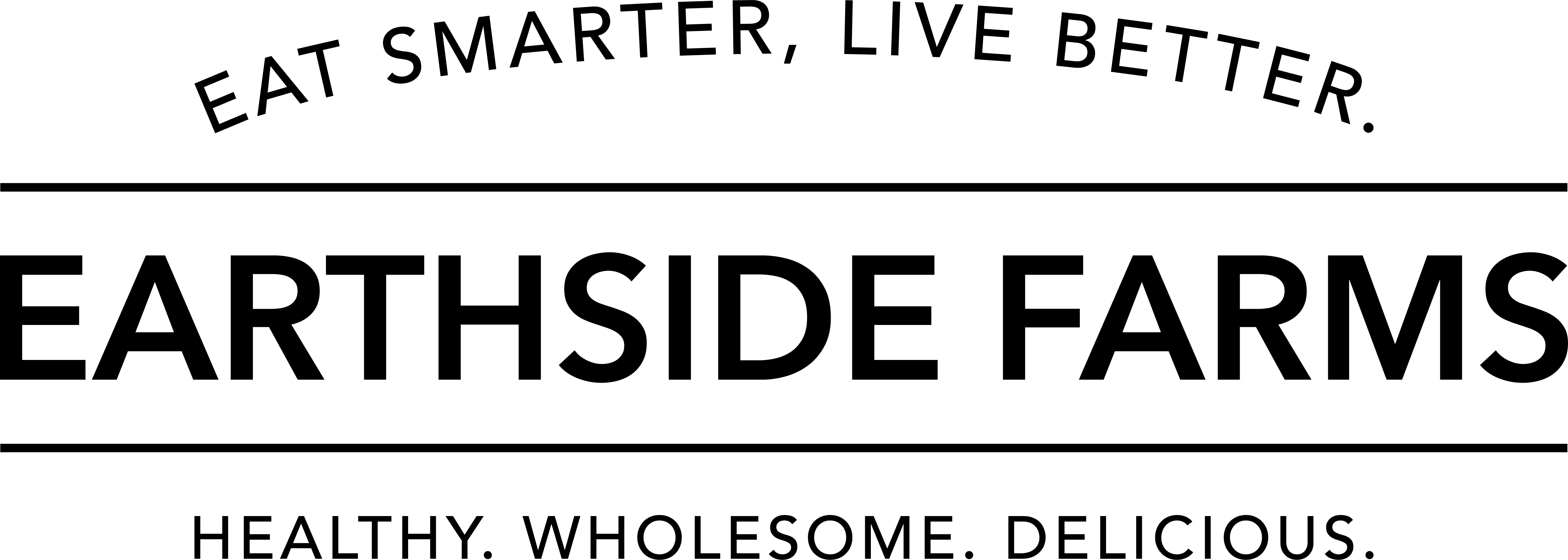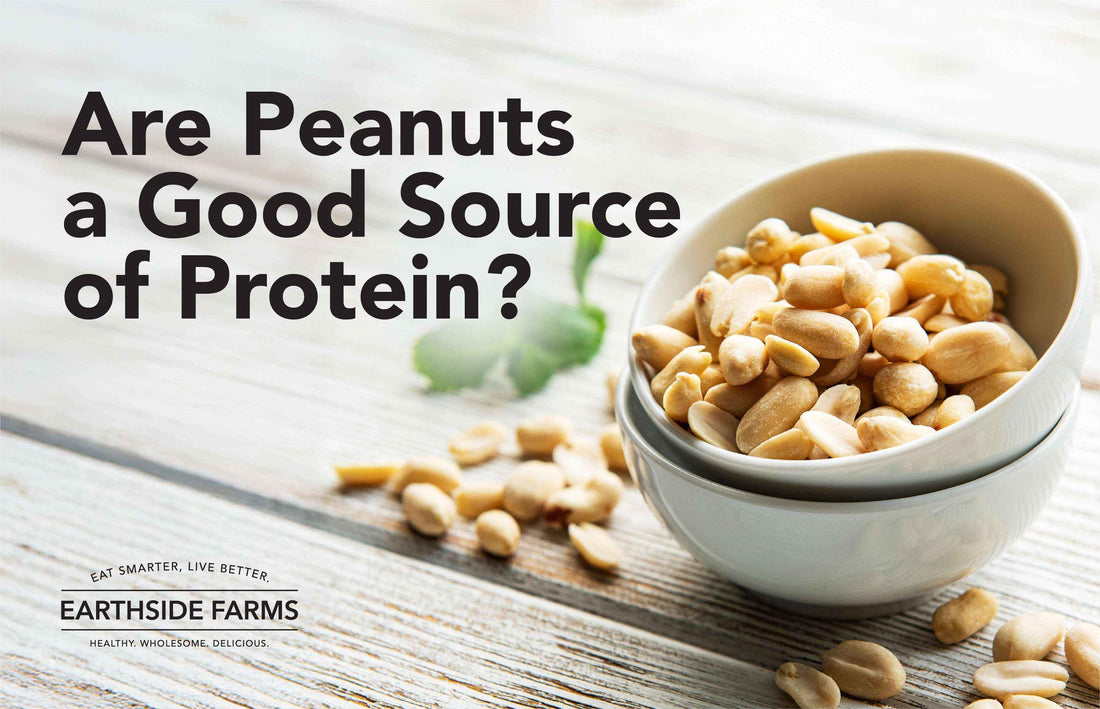When we think about protein, the first things that come to mind are usually foods like chicken, eggs, or dairy.
But did you know that peanuts are also a great source of protein?
Peanuts are packed with nutrients that can benefit your body in many ways.
Let's find out how peanuts are a good source of protein and how they compare to other protein-rich foods.
What Makes Peanuts a Good Source of Protein?
Unlike nuts such as almonds or walnuts, peanuts grow underground.
Despite this, they are often grouped with nuts because of their similar taste and texture.
One of the biggest advantages of peanuts is that they contain a high amount of protein.
Peanuts contain around 25 grams of protein per 100 grams.
This is higher than many other plant-based protein sources, making them a good option for people who do not eat meat or dairy.
How Do Peanuts Compare to Other Protein Sources?
Let's compare them to other common protein-rich foods:

As the table shows, peanuts provide more protein than almonds and lentils but slightly less than chicken.
Health Benefits of Eating Peanuts
Peanuts offer many health benefits:
Good for Heart Health
Peanuts contain monounsaturated and polyunsaturated fats, which help lower bad cholesterol levels and keep your heart healthy.
Rich in Vitamins and Minerals
Peanuts provide important nutrients like vitamin E, magnesium, and potassium, which are essential for the body's proper functioning, including learning power and memory.
Peanuts contain amino acids which help in protecting brain cells.
Helps in Weight Management
Peanuts are high in protein and fiber.
They can keep you full for a longer time, which helps reduce unnecessary snacking.
Supports Muscle Growth and Repair
Protein is necessary for building and repairing muscles.
If you work out regularly, eating peanuts can help in muscle recovery.
Good for Brain Health
Peanuts contain resveratrol, an antioxidant linked to improved brain function and reduced risk of diseases like Alzheimer's.
However, they are still a great plant-based protein option.
Are There Any Downsides to Eating Peanuts?
While peanuts are nutritious, there are a few things to keep in mind:
High Calories
Peanuts have a lot of calories in a small amount.
If you eat too many, they could lead to weight gain.
Allergies
Peanut allergy is one of the most common food allergies and can cause severe reactions in some people.
Fungus
Peanuts can sometimes be affected by a fungus that produces aflatoxins, which are harmful toxins.
However, proper storage and buying from trusted sources can reduce this risk.
Best Ways to Eat Peanuts for Protein:
There are many ways to include peanuts in your diet to get their protein benefits:
-
Roasted Peanuts: A simple and tasty snack that retains most nutrients.
-
Peanut Butter: A great spread for bread or smoothies, but choose natural peanut butter without added sugar or oils.
-
Peanut Salad: Add peanuts to your salads for a crunchy texture and extra protein.
-
Peanut Smoothies: Blend peanuts or peanut butter with bananas and milk for a protein-packed drink.
-
Earthside Farms Butter Toffee Peanuts: If you enjoy a sweet and crunchy peanut treat, Butter Toffee Peanuts are a delicious option.

Why Peanuts Deserve a Place in Your Diet?
Peanuts are a great source of plant-based protein, offering many health benefits.
They contain good protein, healthy fats, and important vitamins and minerals.
Peanuts are a fantastic option if you are looking for an affordable and tasty way to add more protein to your diet. However, there are possible allergies.
Enjoy peanuts in different forms, and make them a part of your healthy lifestyle!


